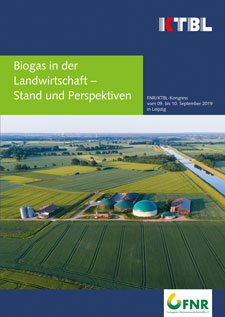Renewable energies and bioeconomy as a contribution to value added in rural areas
Rural areas have been affected by extensive structural change for years. The potentials to strengthen rural areas were addressed early during the expansion of decentralized renewable energies. Bioeconomy seems to provide additional impetus. Which regional economic potentials do renewable energies and bioeconomy offer for rural areas and what do they depend on? The article approaches an answer to these questions by first addressing basic conditions for value added and employment effects. Using empirical case studies from the field of bioenergy, the connections are illustrated and the overall findings are condensed into a conclusion.
The article shows that both renewable energies and bioeconomy have already created significant shares of value added in rural areas as well as ensured employment or at least mitigated a decline in employment. Both areas continue to have high regional economic potential for rural areas. The participation of local actors in investment as well as local companies in implementation and operation of plants is a central condition for value added and employment effects. This requires the commitment of regional actors from politics, economy and civil society as well as an appropriately deigned political framework.



